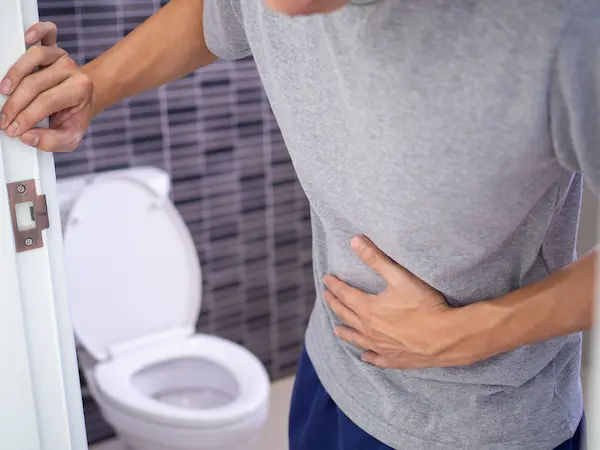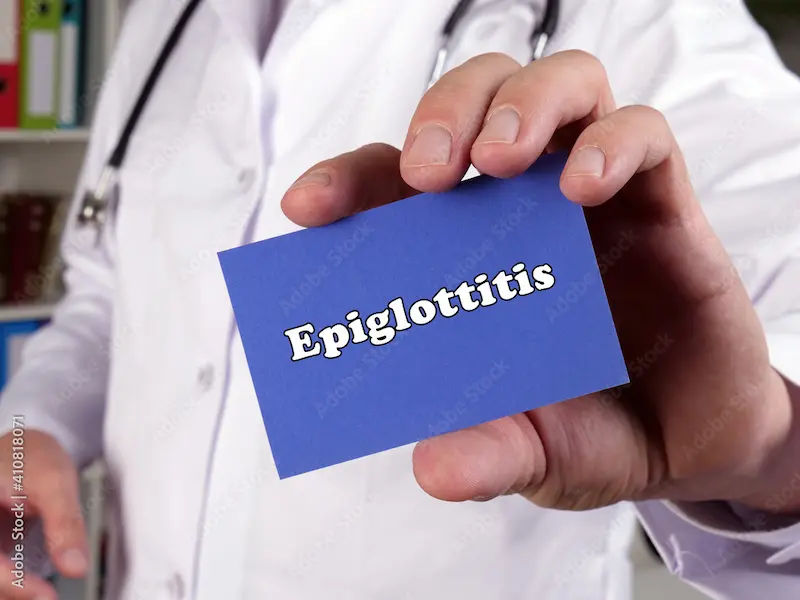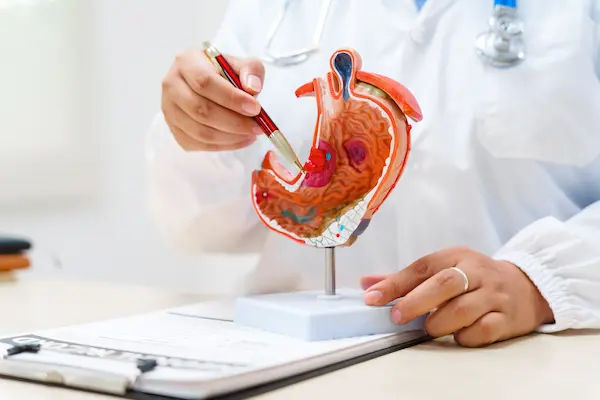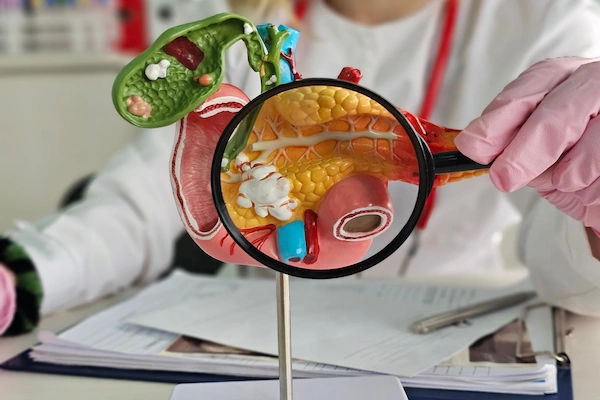- Male
- 40 Years
- 29/01/2025
I recently went for a check-up and they found my spleen was enlarged at 13 cm and I have a grade 1 fatty liver. I did a bunch of tests like for malaria, typhoid, diabetes, thyroid, hepatitis B and C, ANA, and lipid profile, and everything came back normal except my bilirubin level is at 1.6 and my SGOT SGPT is around 5990. After sticking to regular exercise and a better diet for 50 days, I lost 6 kg, going from 87 to 81 kg. I still don't have any other symptoms but I feel some pain in my spleen area and now it's 14 cm in the ultrasound. I'm taking Udiliv 300 and vitamin E, but I've talked to a lot of doctors and still don't really understand why my spleen is enlarged. Can you help clarify what's going on?
Answered by 1 Apollo Doctors
As someone with high blood pressure (HBP), it's great that you're taking proactive steps to manage your condition and prevent potential complications, such as kidney problems.
Understanding the Link between HBP and Kidney Problems
High blood pressure can damage the blood vessels in your kidneys, reducing their ability to function properly. This can lead to kidney disease or exacerbate existing kidney issues.
Precautionary Measures to Protect Your Kidneys
- Monitor your blood pressure regularly: Work with your doctor to ensure your blood pressure is well-controlled, aiming for a target range of 12080 mmHg or lower.
- Get regular kidney function tests: Your doctor may recommend periodic urine and blood tests to monitor your kidney function.
- Maintain a healthy lifestyle:
- Exercise regularly: Aim for at least 30 minutes of moderate-intensity physical activity most days of the week.
- Eat a balanced diet: Focus on whole, unprocessed foods like fruits, vegetables, whole grains, lean proteins, and low-fat dairy.
- Stay hydrated: Drink plenty of water throughout the day.
- Limit sodium intake: Consume no more than 2,300 milligrams of sodium per day. Choose low-sodium options, and season your food with herbs and spices instead of salt.
- Stay hydrated: Drink plenty of water throughout the day to help your kidneys function properly.
- Manage stress: Engage in stress-reducing activities like meditation, yoga, or deep breathing exercises.
- Get enough sleep: Aim for 7-8 hours of sleep per night to help regulate your blood pressure and overall health.
- Avoid smoking and limit alcohol: Both smoking and excessive alcohol consumption can increase your risk of kidney problems.
Dr. Shubham Suggests...
Consult a Gastroenterology/gi Medicine Specialist
Answered 04/07/2025
0
0

More Gastroenterology/GI medicine Health Queries
View allI'm really struggling with lax lesophagitis and pangastritis for the past decade, and I've been on PPIs for about the same amount of time. The side effects are becoming a bit too much to handle. Should I think about surgery as an option, or just stick it out with the PPIs?
Surgery may be an option for you if your symptoms are not well-controlled with PPIs and if you're experiencing intolerable side effects. However, continuing with medications and making lifestyle adjustments may also improve your condition
Answered by 1 Apollo Doctors
I'm really concerned because for the past few years, out of nowhere, I start choking on nothing and end up in a coughing fit that usually makes me gag until I'm sick. This happens every few days. Any idea what could be causing this? It's really starting to worry me.
okk
Answered by 1 Apollo Doctors
My mom recently had an abdominal ultrasound that showed a 14mm gallstone in her gallbladder. The doctor recommended surgery, but she can't afford it right now. Are there any non-surgical ways to dissolve or remove the gallstone? What options do we have besides surgery?
Cholecystectomy is advised to the patient.
Answered by 1 Apollo Doctors
Disclaimer: Answers on Apollo 247 are not intended to replace your doctor advice. Always seek help of a professional doctor in case of an medical emergency or ailment.




.webp)
